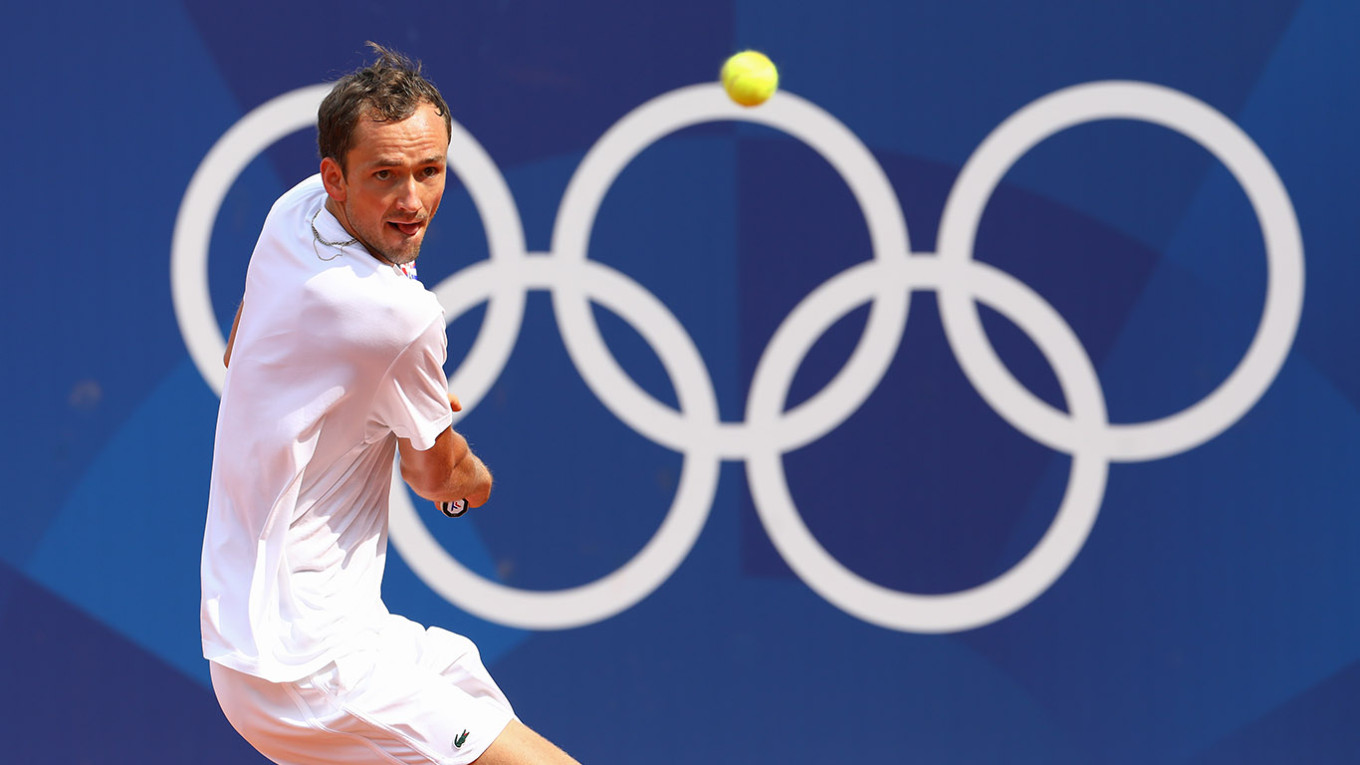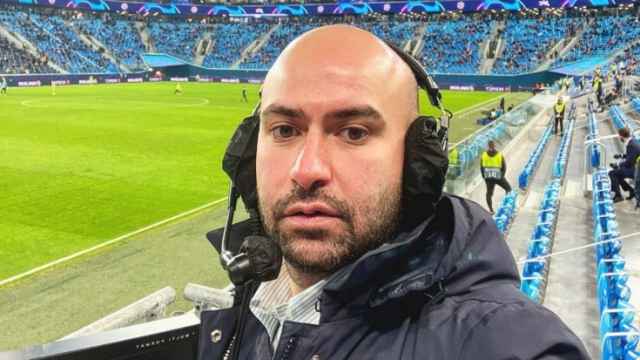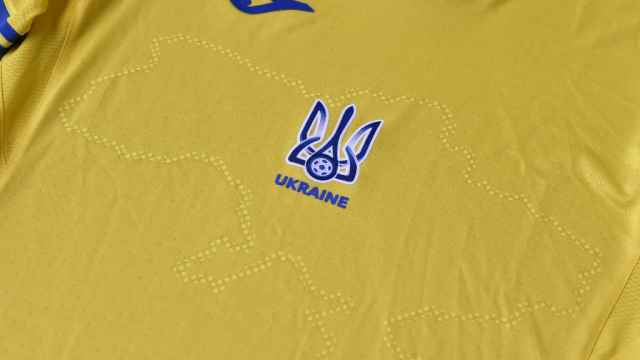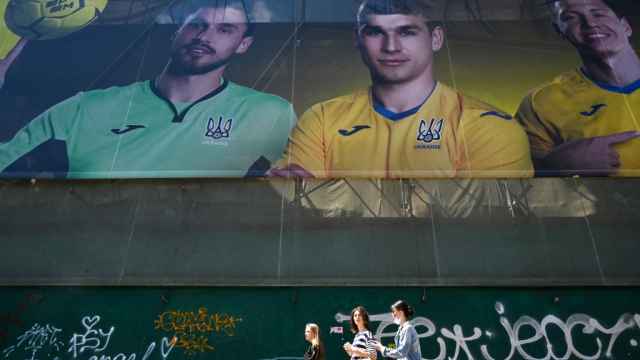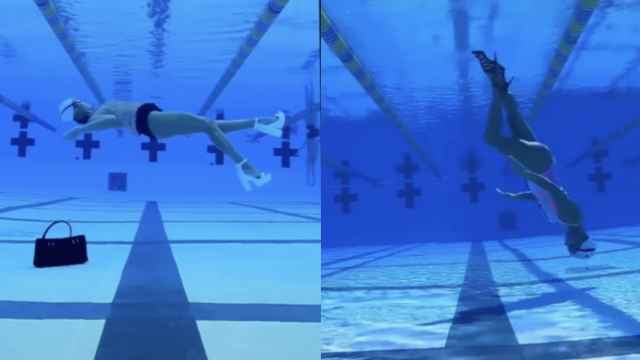Only 15 Russian athletes will take part in the Paris Olympics after the International Olympic Committee banned athletes from Russia and Belarus from competing under their own flag. These athletes will be allowed to compete as “individual neutral athletes.”
The IOC says there are strict conditions for Russian or Belarusian athletes to be eligible to compete. Athletes will be barred if they are found to support the invasion of Ukraine, or to have been contracted to their country’s military or national security agencies.
The IOC also created a panel to assess prospective athletes’ social media posts.
However, a report from the Netherlands-based Global Rights Compliance (GRC) watchdog accused all but five of the Russian athletes of violating the conditions that would have allowed them to compete.
The only athletes not included in the dossier are canoeist Zakhar Petrov, cyclist Gleb Syritsa and tennis players Daniil Medvedev, Roman Safullin and Yekaterina Alexandrova.
Most athletes are included in the dossier for “liking” pro-war posts on Instagram and X (formerly Twitter). To qualify as neutral competitors, athletes are prohibited from “any activity or communication” that could be associated with supporting the war in Ukraine, including on social media.
Tennis players Diana Shnaider, Mirra Andreyeva and Elena Vesnina, cyclist Alena Ivanchenko were all found to have “liked” pro-war posts on Instagram and X (formerly Twitter). In September 2022, Ivanchenko liked a post that used a derogatory name for Ukrainians and described the Kyiv government as “Banderite,” a term referencing the nationalist Ukrainian politician Stepan Bandera that Moscow frequently deploys to bolster its claim that it is “denazifying Ukraine.”
Russia’s sporting events have not escaped the creep of pro-war imagery into every facet of society since the invasion of Ukraine. Gymnast Anzhela Bladtceva took part in the 2023 “Hope of Russia 2” trampoline competition in the Krasnodar region, where she performed in front of a “Z” symbol in the orange-and-black stripes of the St. George’s ribbon, a pro-war symbol that has been displayed at state events.
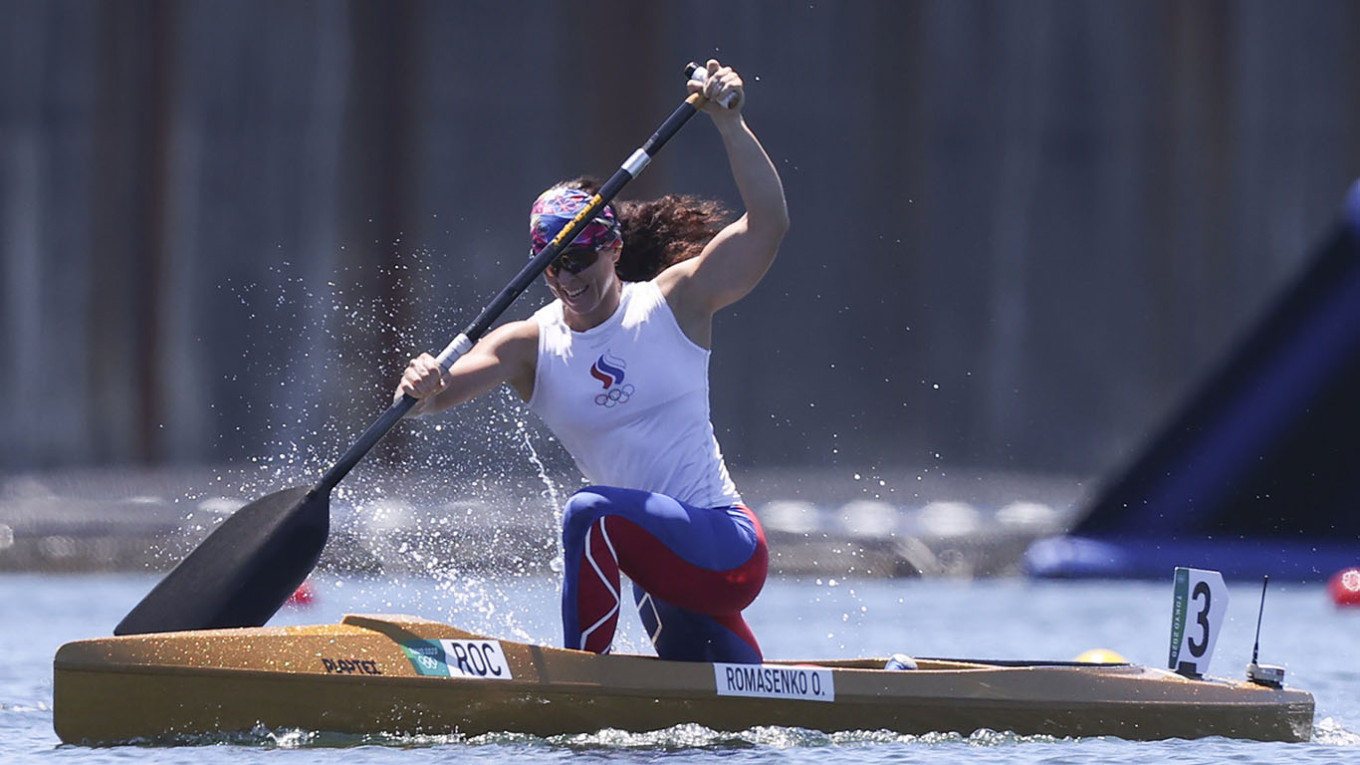
Russian athletes competing in the Olympics as neutrals are prohibited from having connections to their country’s military or security services.
However, several Russian athletes were found to have links or suspected links to the Russian Armed Forces. Swimmer Yevgeny Somov and tennis players Pavel Kotov and Olesya Romasenko have been members of a sports society run by the Russian Defense Ministry which aims to develop a culture of sport within the military.
Members of the Central Sports Club of the Army are required to take an oath of allegiance to the Russian Armed Forces and undertake military service.
Cyclist Tamara Dronova and canoeist Alexei Korovashkov were identified as having links to Russian security agencies through their membership of the Dynamo sports society dedicated to the physical training of FSB, Rosgvardiya and Foreign Intelligence Service personnel.
The GRC also says that Dronova showed support for the invasion of Ukraine by competing in a 2016 Russian cycling championship in Sevastopol and for training in Crimea.
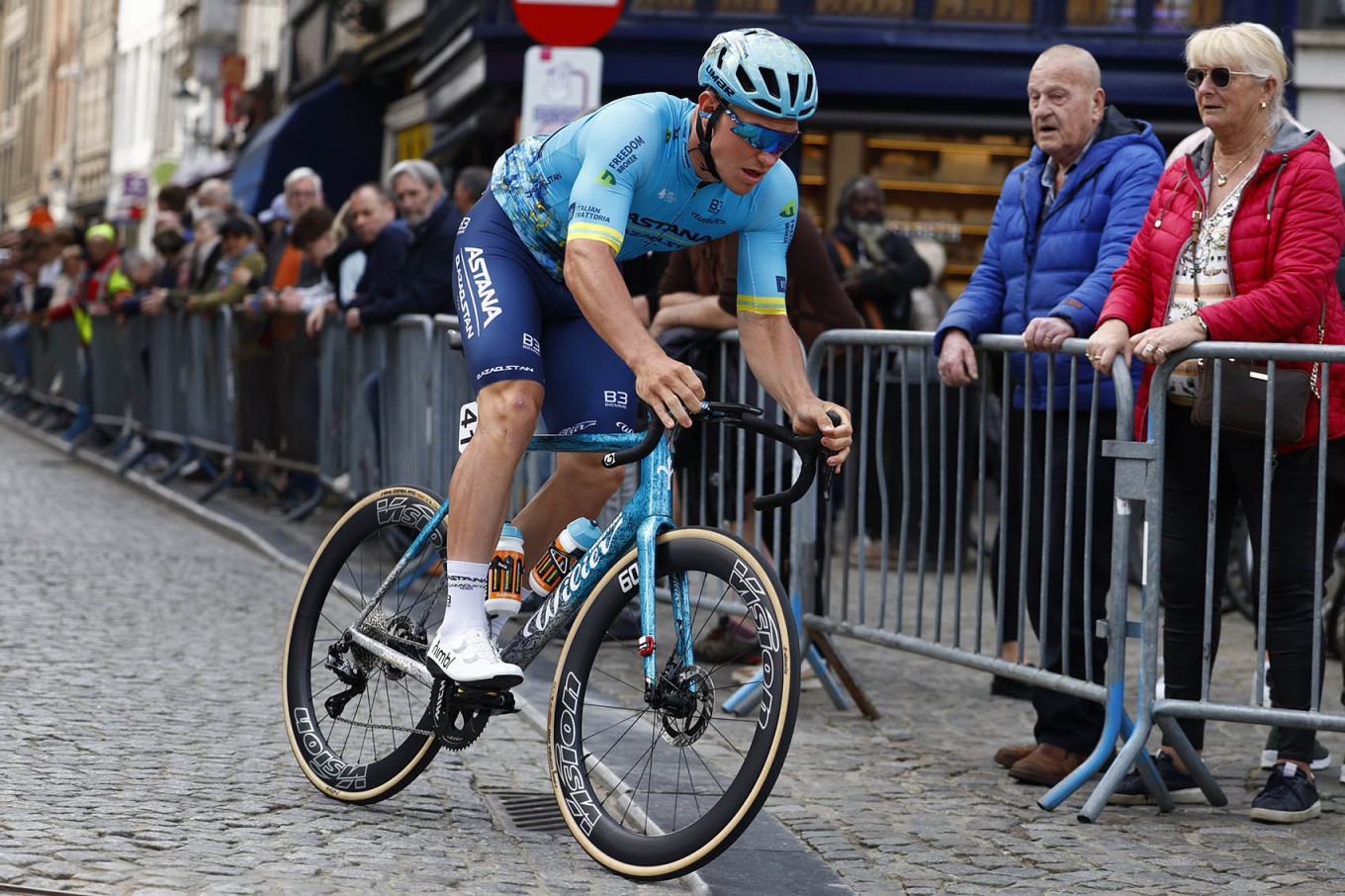
Korovashkov is accused of violating the Olympic Charter by representing the breakaway Moldovan region of Transnistria. Though he was born in Stepnogorsk, Ukraine, Korovashkov grew up in the region and the Transnistrian government – widely recognized to be close to the Kremlin – considers him to be the first Transnistrian to compete in the Olympics.
Transnistria is only recognized by two other separatist states with links to Moscow – Abkhazia and South Ossetia. The GRC argues that because Transnistria is internationally recognized as part of Moldova, allowing Korovashkov to compete as a neutral athlete with a Russian passport violates the authority of Moldova’s National Olympic Committee.
A spokesperson for the IOC said all athletes had been reviewed "in accordance with the IOC EB decision and the principles that were established."
A Message from The Moscow Times:
Dear readers,
We are facing unprecedented challenges. Russia's Prosecutor General's Office has designated The Moscow Times as an "undesirable" organization, criminalizing our work and putting our staff at risk of prosecution. This follows our earlier unjust labeling as a "foreign agent."
These actions are direct attempts to silence independent journalism in Russia. The authorities claim our work "discredits the decisions of the Russian leadership." We see things differently: we strive to provide accurate, unbiased reporting on Russia.
We, the journalists of The Moscow Times, refuse to be silenced. But to continue our work, we need your help.
Your support, no matter how small, makes a world of difference. If you can, please support us monthly starting from just $2. It's quick to set up, and every contribution makes a significant impact.
By supporting The Moscow Times, you're defending open, independent journalism in the face of repression. Thank you for standing with us.
Remind me later.


